KB5015882: All you need to know about this recent update
5 min. read
Updated on
Read our disclosure page to find out how can you help Windows Report sustain the editorial team. Read more
Key notes
- Fixes for some known problems were in order and Microsoft delivered.
- Windows 11 users can now install KB5015882 and get rid of the issues.
- Check out the changelog and find out what else is in store for us now.
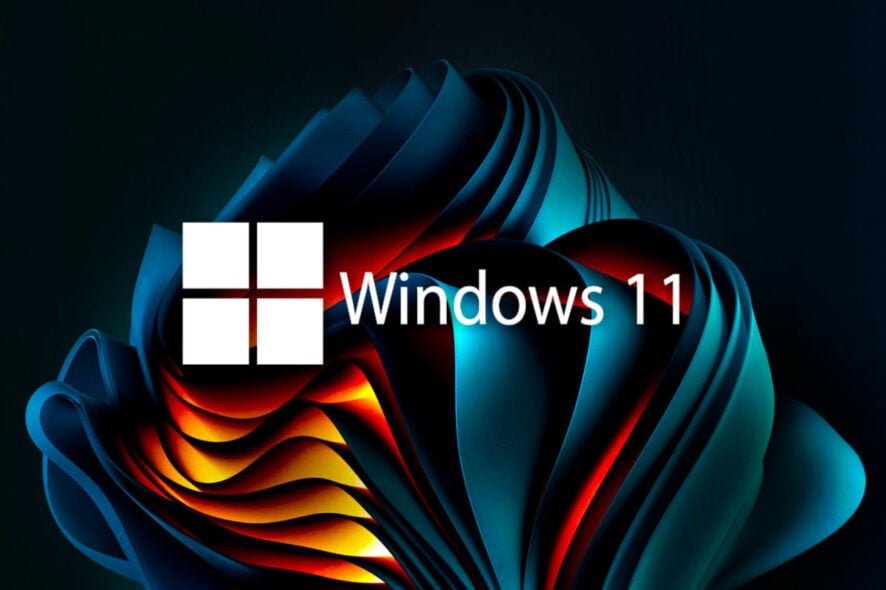
Windows 11 users kept reporting that there was a bug that caused FIle Explorer to randomly freeze, without any apparent trigger or solution.
Now, Microsoft has released KB5015882 for Windows 11 with 20 fixes or improvements, including new Focus Assist and OS upgrade features.
Ready for a more in-depth dive? Also, don’t forget to check out the most recent updates released to the Dev (25163) and Beta (KB5015888) Channels.
What fixes does KB5015882 bring to Windows 11?
Before we begin, keep in mind that this 11 cumulative update is part of Microsoft’s July 2022 monthly C release, which allows users to test the upcoming updates and fixes in the August 2022 Patch Tuesday.
And, as you already know, unlike updates released during Patch Tuesday, these preview updates do not contain security features and only include bug fixes and performance improvements.
That being, said, installing the KB501588 will bring Windows 11’s version number to build 22000.829, in case you were wondering.
Furthermore, Windows 10 users can also download and manually install the KB5015882 update from the Microsoft Update Catalog.
We can start describing KB501588 by saying that it provides the ability for you to consent to receive urgent notifications when focus assist is on.
Also, it gives the option for eligible devices to update to a newer Windows 11 version during the out-of-box experience (OOBE) when you first sign in.
Keep in mind that, if you choose to update to a newer version, the update process will begin shortly after the update is installed on the device.
KB501588 also restores functionality for Windows Autopilot deployment scenarios that are affected by the security mitigation for hardware reuse.
It removes the one-time use restriction for self-deploying mode (SDM) and pre-provisioning (PP), and also re-enables any User Principal Name (UPN) display in user-driven mode (UDM) deployments for approved manufacturers.
- Addresses an issue in UIAutomation() that causes an application to stop working.
- Addresses an issue that prevents the Startup Task API from working as expected for certain apps.
- Improves the reliability of a push-button reset after an OS upgrade.
- Addresses an issue that makes the tenant restrictions event logging channel inaccessible if you remove the EN-US language pack.
- Addresses an issue that causes certificate-based machine account authentication to fail in some circumstances after you install the May 10, 2022 security updates on domain controllers.
- Addresses an issue that affects the Arm64EC code you build using the Windows 11 software development kit (SDK).
- Updates the Remove-Item cmdlet to properly interact with Microsoft OneDrive folders.
- Addresses an issue that prevents certain troubleshooting tools from opening.
- Addresses an issue that causes port mapping conflicts for containers.
- Addresses an issue that causes Code Integrity to continue trusting a file after the file has been modified.
- Addresses an issue that might cause Windows to stop working when you enable Windows Defender Application Control with the Intelligent Security Graph feature turned on.
- Deploys search highlights to devices. To access the policy for search highlights (on a device that has installed the June 2022 Cumulative Update Preview or July 2022 monthly quality update), go to C:\Windows\PolicyDefinitions and locate Search.admx. For your convenience, we will be publishing an updated version of the Administrative Templates (.admx) for Windows 11, version 21H2 to the Microsoft Download Center soon.
- Addresses an issue that causes explorer.exe to stop working when you use the play and pause keyboard buttons on certain devices.
- Addresses an issue that causes explorer.exe to stop working when you use the Start menu’s context menu (Win+X) and an external monitor is connected to your device.
- Addresses an issue that displays a blank window that you cannot close when you hover over the search icon on the taskbar.
- Reduces the overhead of resource contention in high input/output operations per second (IOPS) scenarios that have many threads contending on a single file.
- Addresses an issue that causes the Windows profile service to fail sporadically. The failure might occur when signing in. The error message is, gpsvc service failed to sign in. Access denied.
Known issues
Even though these problems shouldn’t exist, what would be a Windows update release without some good old issues that come packaged with it?
- After installing this update, IE mode tabs in Microsoft Edge might stop responding when a site displays a modal dialog box. A modal dialog box is a form or dialog box that requires the user to respond before continuing or interacting with other portions of the webpage or app.
This above-mentioned issue is resolved using Known Issue Rollback (KIR), but it might take up to 24 hours for the resolution to propagate automatically to consumer devices and non-managed business devices.
What can I do if KB501588 fails to install?
- Press Win + I to access Settings.
- Select the System category and click on Troubleshoot.
- Press the Other troubleshooters button.
- Press the Run button next to Windows Update.
There you have it, folks! That’s pretty much all we’re getting with KB501588, and hopefully, the fixes brought by it will last a while.
Have you noticed any other problems after installing KB501588 on Windows 10 or Windows 11? Share your experience with us in the comments section below.
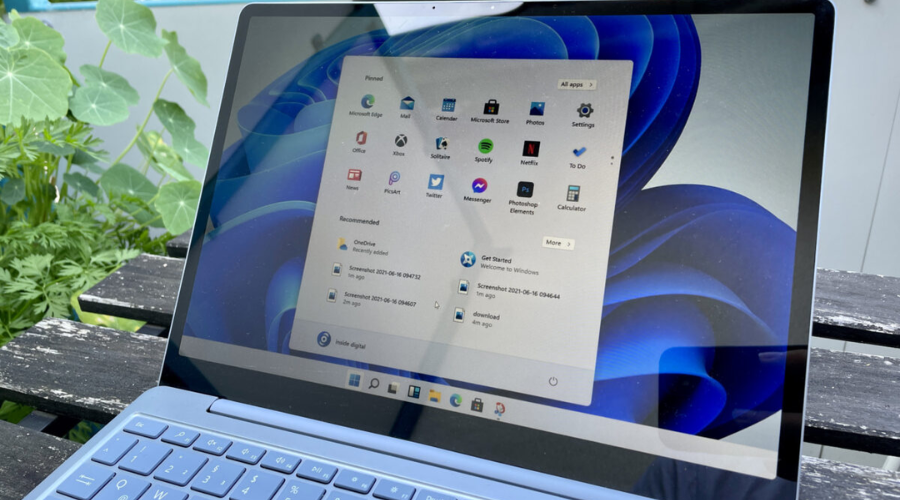



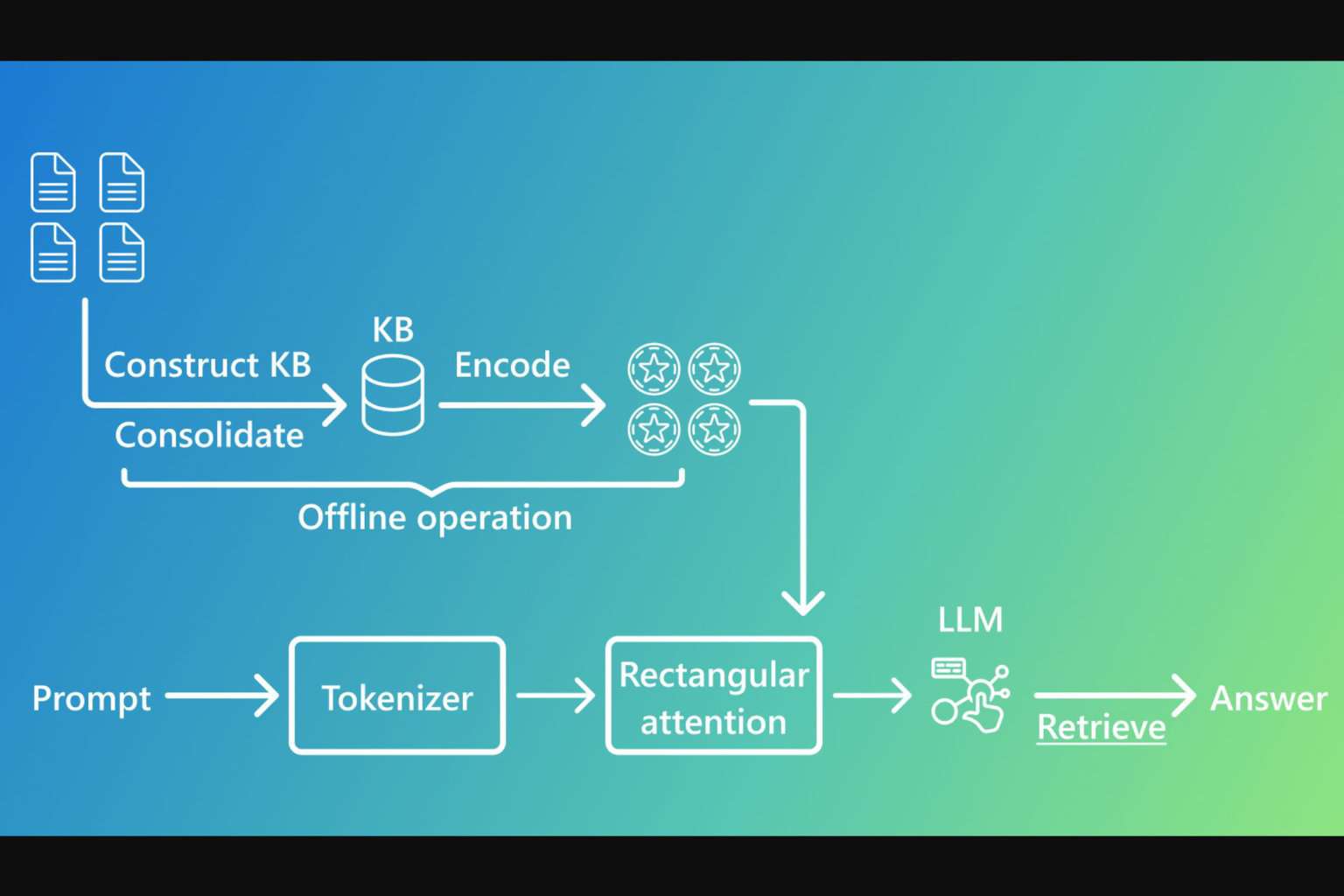
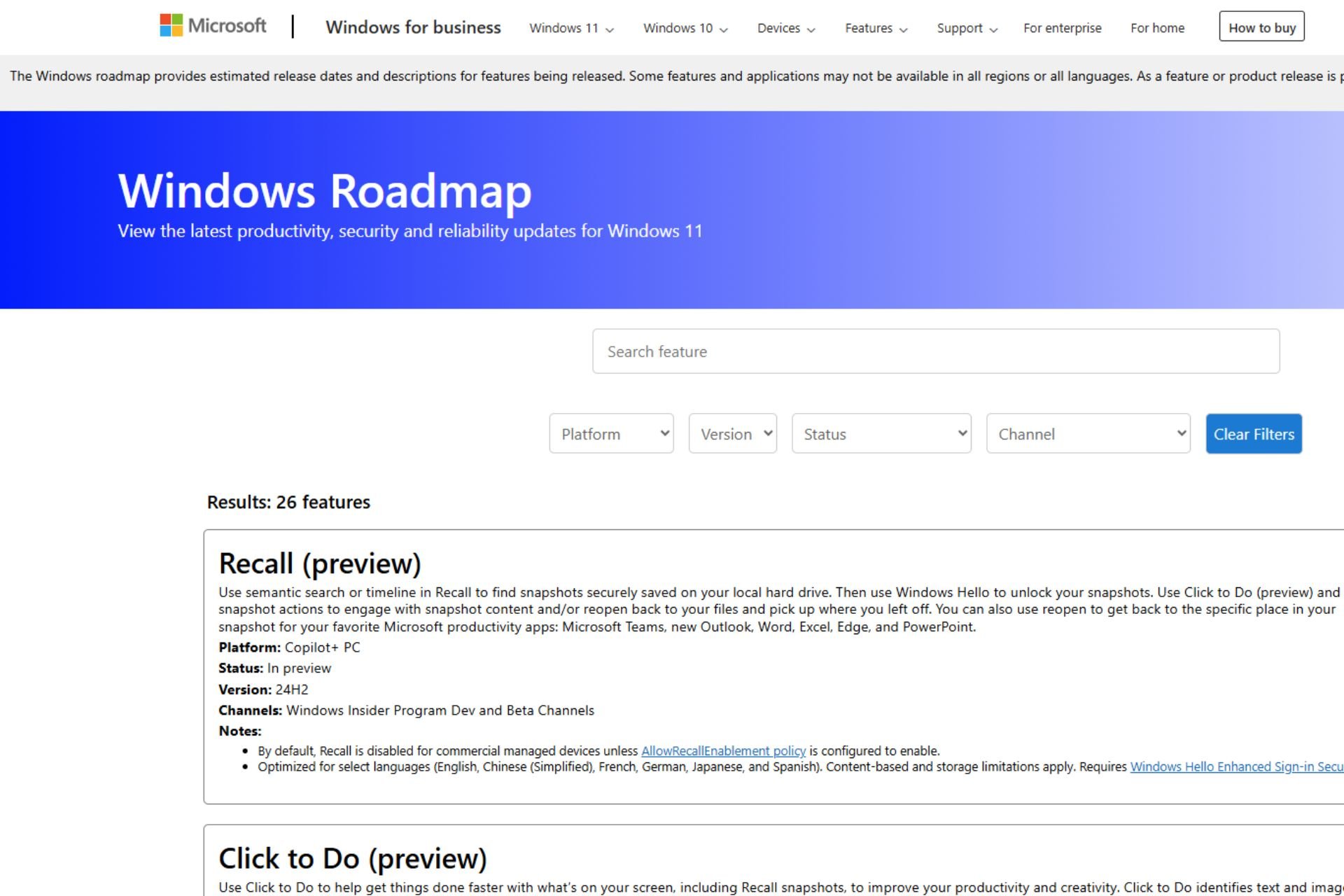
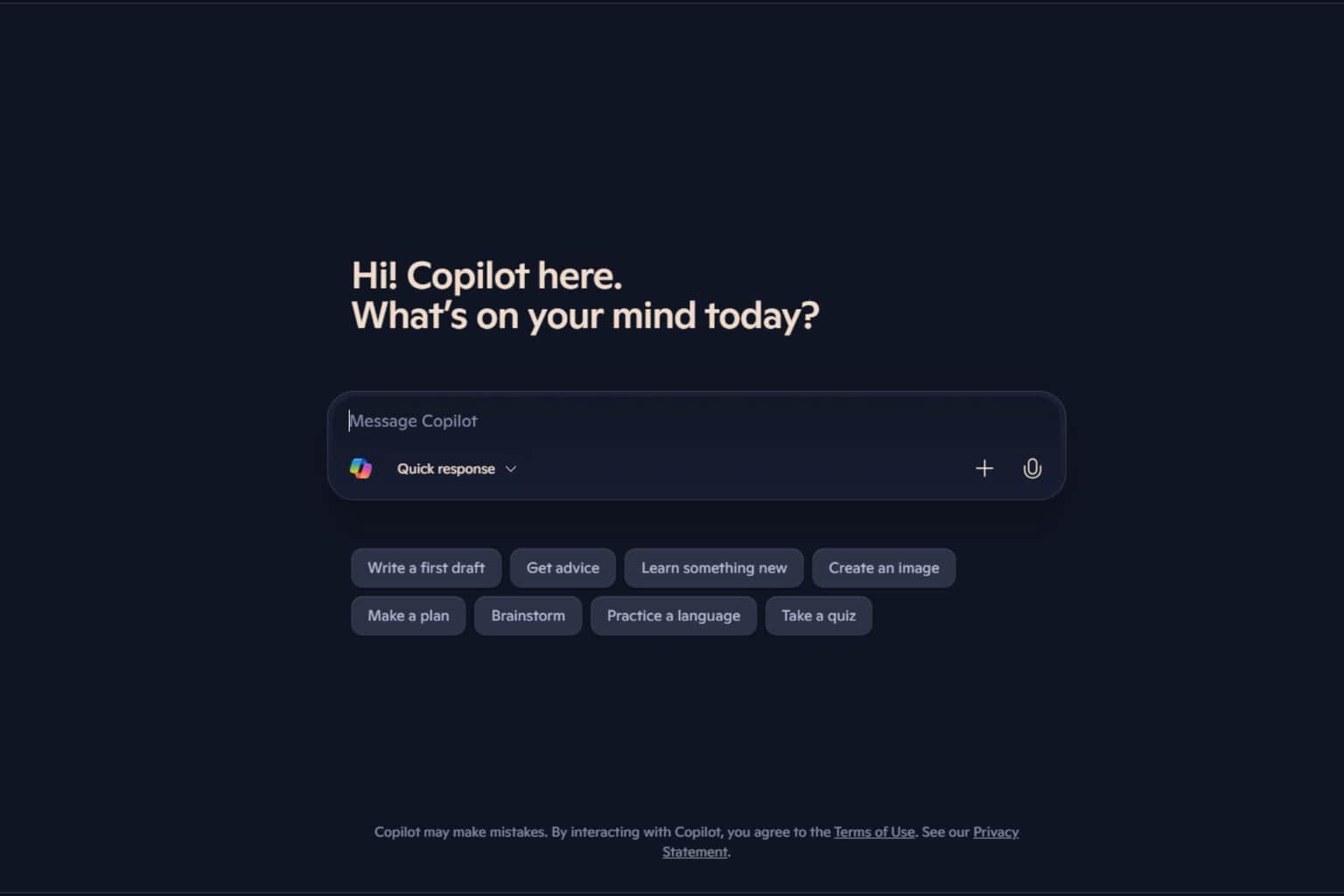
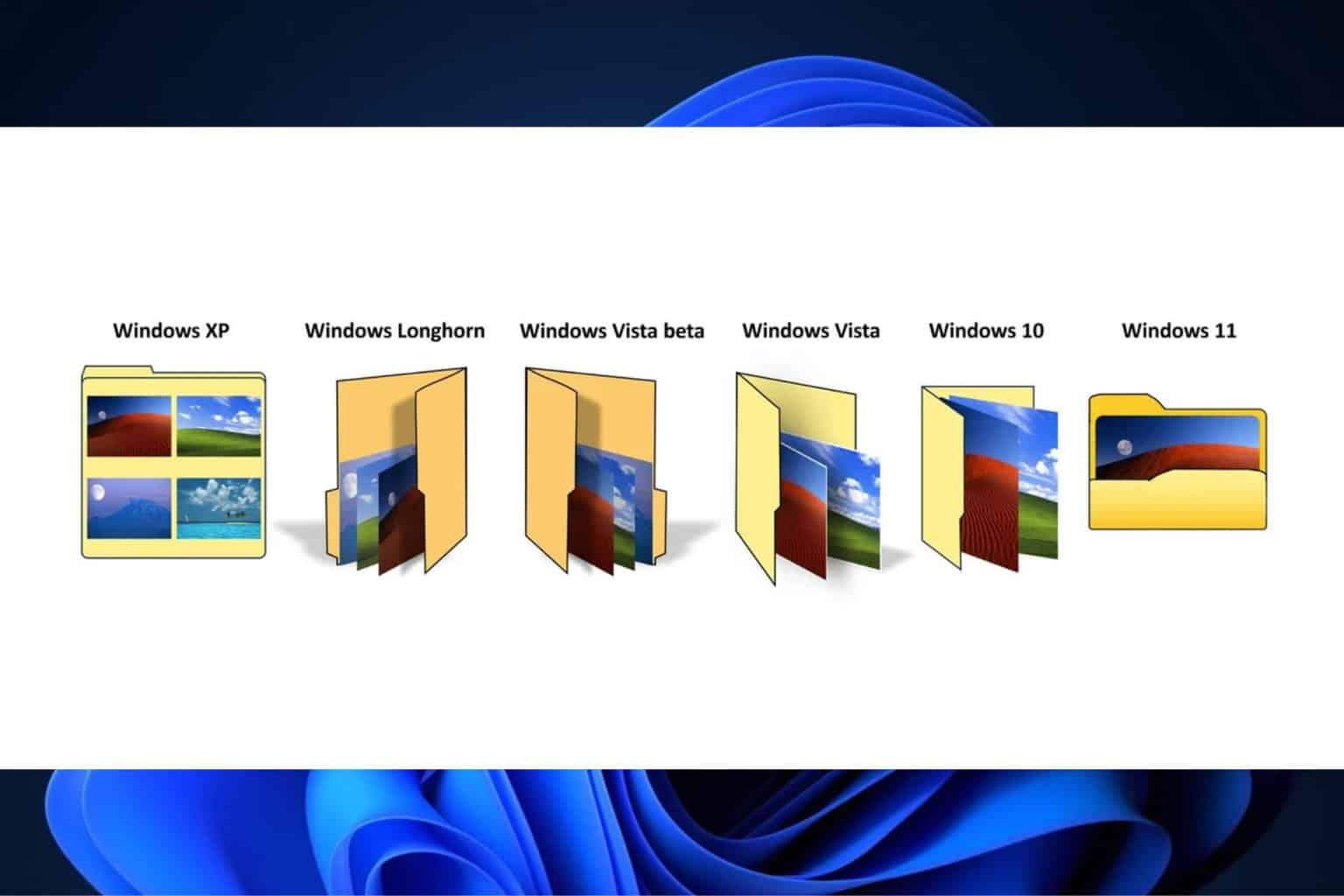
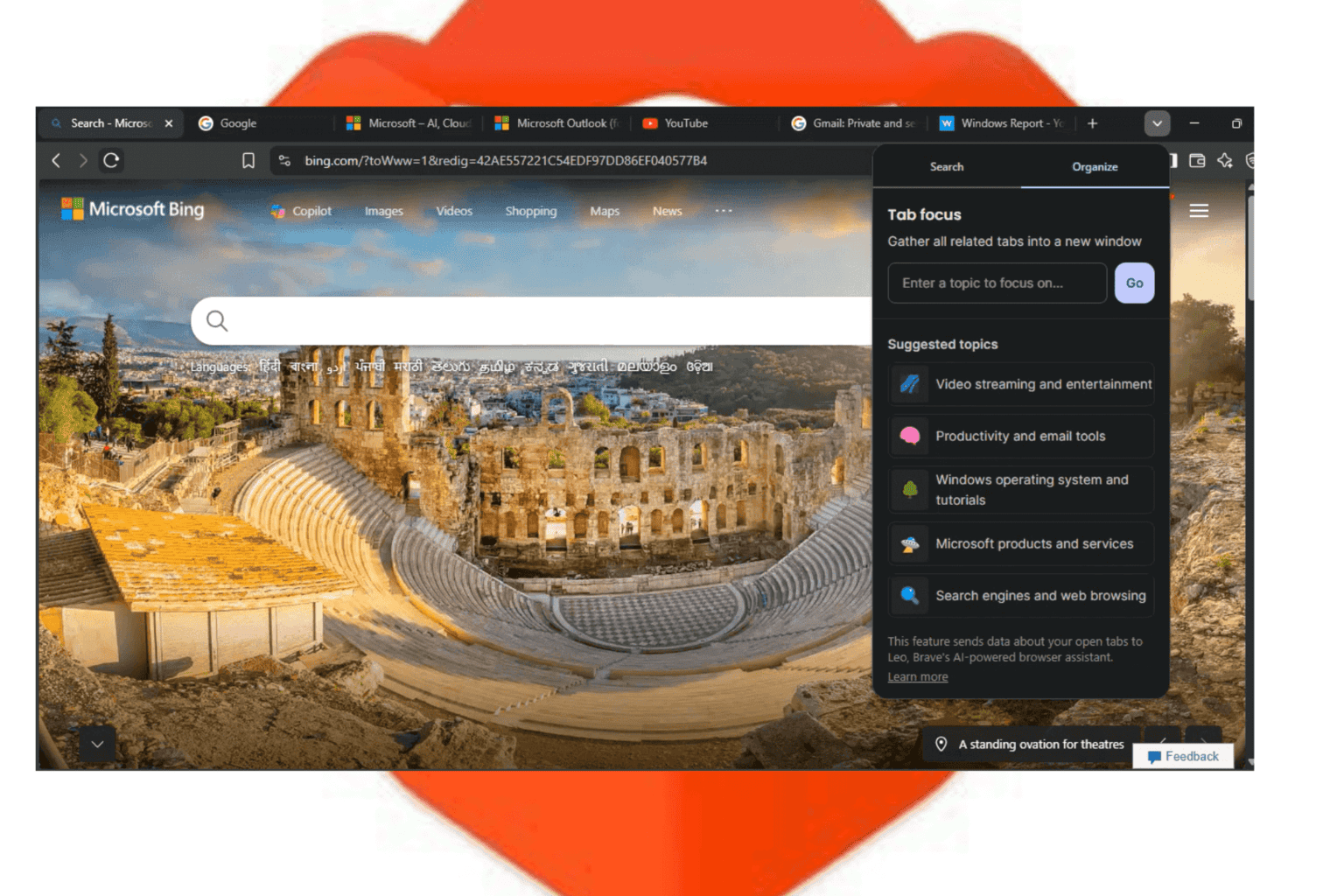
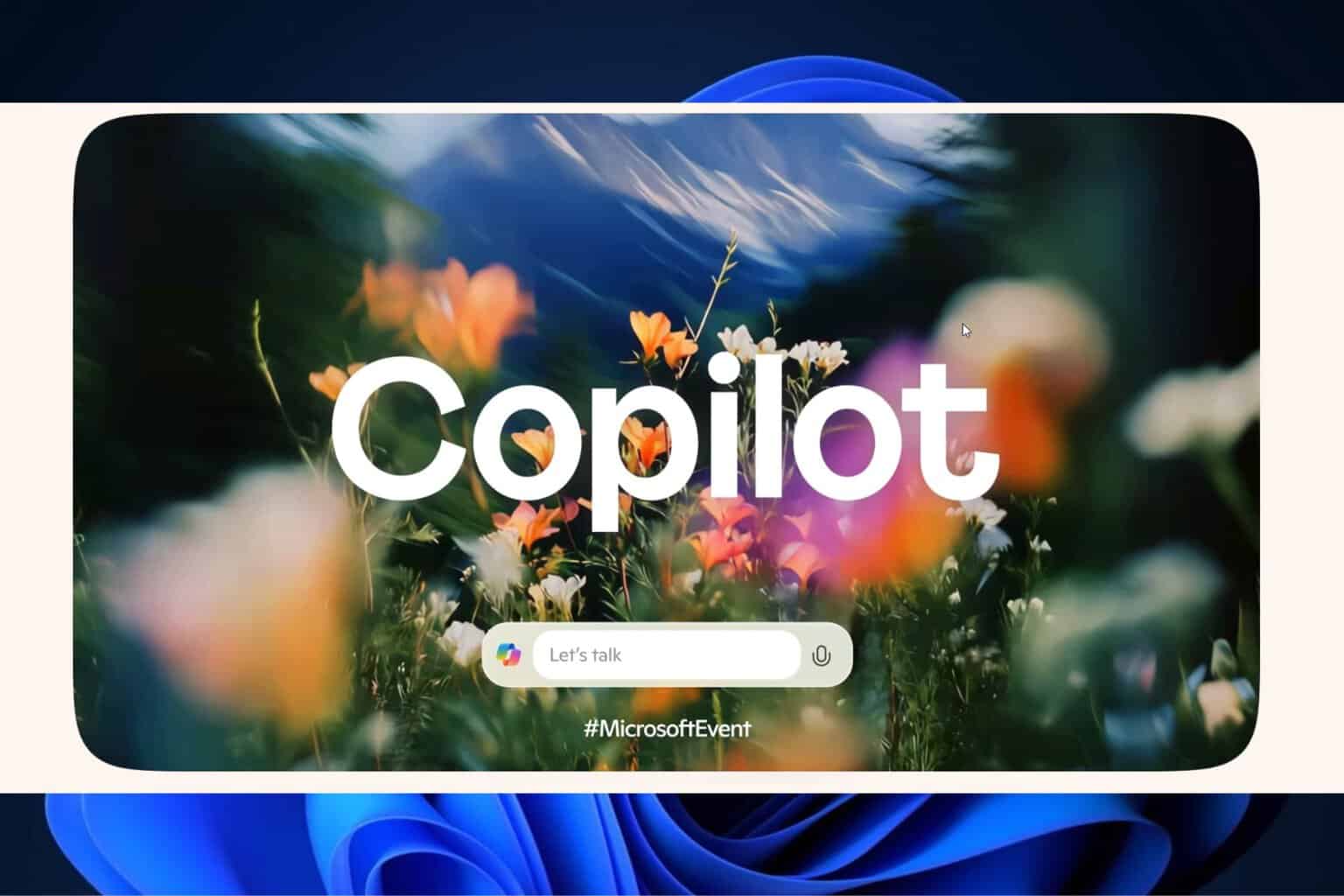
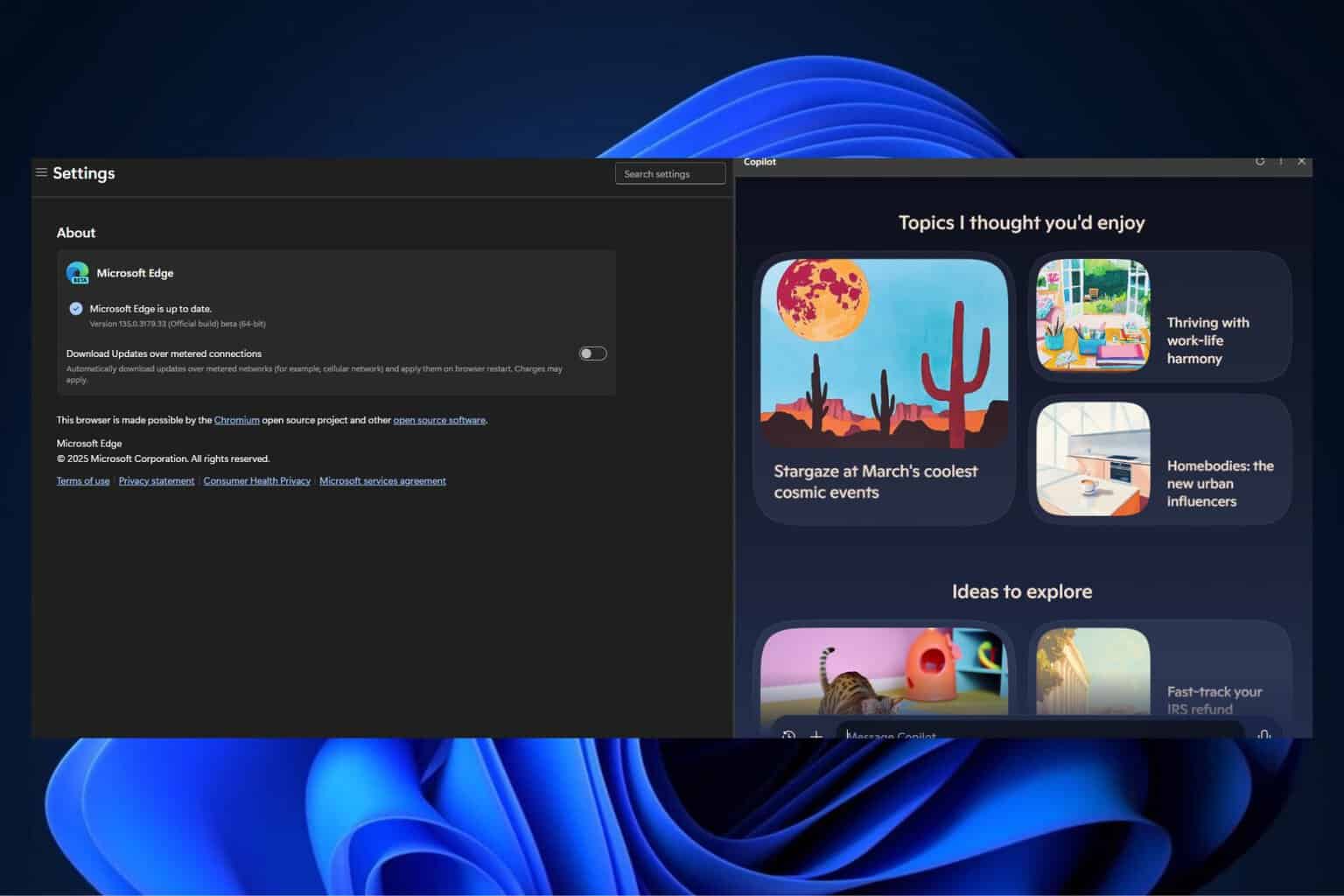

User forum
2 messages